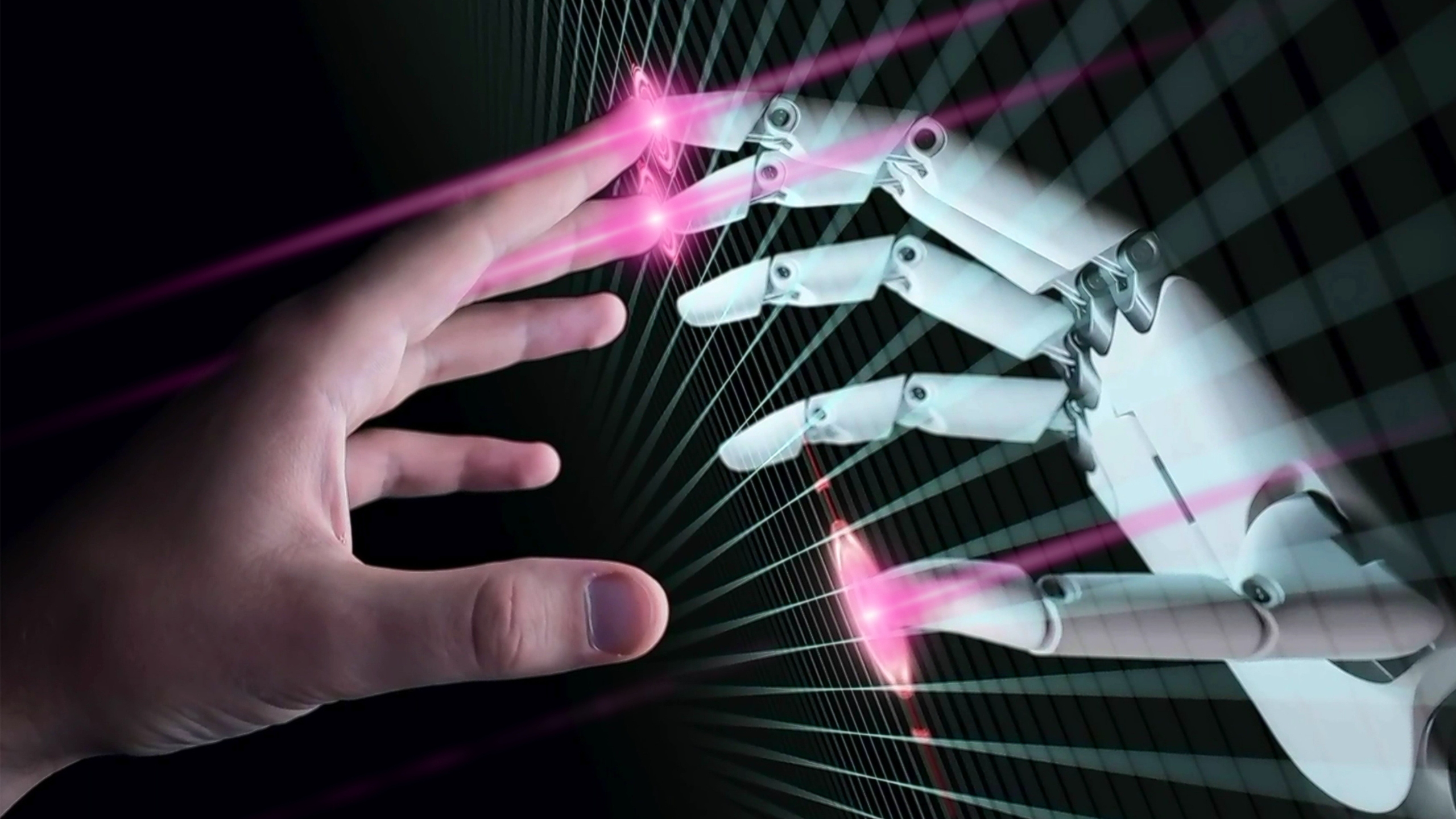
The Future of Manufacturing Industry with Digitization and Changing Workforce
The Future of Manufacturing: Embracing Digitization and Reshaping the Workforce
The manufacturing industry stands at a pivotal juncture, poised for a transformative journey fueled by digitization and a rapidly evolving workforce landscape. This confluence of factors presents both challenges and opportunities, demanding a proactive approach to navigate the complexities and unlock the immense potential that lies ahead.
Digitization: Reshaping the Manufacturing Landscape
The rise of Industry 4.0, characterized by the integration of advanced technologies like artificial intelligence (AI), the Internet of Things (IoT), and robotics, is fundamentally reshaping the manufacturing landscape. These technologies are driving:
Enhanced Efficiency and Productivity: Automating repetitive tasks through robots and smart machines frees up human resources for higher-value activities, leading to increased efficiency and production output.
Improved Quality Control: Real-time data collection and analysis through IoT sensors enable continuous monitoring of processes and product quality, minimizing errors and ensuring consistency.
Greater Agility and Flexibility: Advanced analytics and machine learning algorithms optimize production planning and resource allocation, allowing manufacturers to adapt quickly to changing market demands and customer preferences.
Sustainable Manufacturing Practices: Data-driven insights and intelligent systems can optimize resource utilization, minimize waste, and promote environmentally responsible production processes.
The Changing Workforce: Adapting to New Demands
While digitization offers significant benefits, it also presents challenges related to the evolving workforce. Automation may lead to job displacement in certain areas, requiring a shift in skillsets and a focus on:
Technical Skills: The ability to operate, maintain, and troubleshoot advanced technologies will be crucial. Data Analysis and Problem-Solving: Interpreting data, identifying trends, and making informed decisions based on insights will be essential.
Collaboration and Communication: Effective communication and teamwork will be paramount in navigating complex, technology-driven workflows.
Adaptability and Lifelong Learning: The ability to learn new skills and adapt to continuous change will be key to thriving in the dynamic manufacturing environment.
Navigating the Future: Strategies for Success
To navigate this transformative landscape, manufacturers must adopt a strategic approach that encompasses:
Investing in Upskilling and Reskilling: Providing employees with training opportunities to develop the necessary technical and soft skills to thrive in the digital age.
Building a Culture of Innovation: Fostering a culture that encourages experimentation, embraces new technologies, and values continuous improvement.
Collaboration with Stakeholders: Partnering with educational institutions, research bodies, and technology providers to stay informed about the latest advancements and develop future-proof solutions.
Leveraging Market Research: Utilizing insights from market research companies like HBG Knowledge to gain a comprehensive understanding of industry trends, competitor analysis, and consumer preferences, enabling informed decision-making.
HBG Knowledge: Your Partner in Navigating the Future
HBG Knowledge, a leading market research company, offers a comprehensive suite of services to empower manufacturers in navigating the complexities of the future. We provide:
In-depth Industry Reports: Comprehensive analysis of market trends, competitor landscape, and technological advancements, providing valuable insights for strategic planning.
Custom Research Solutions: Tailored research projects to address specific challenges and answer critical questions related to market dynamics, consumer behavior, and technology adoption.
Expert Consulting: Experienced industry professionals offering guidance and support in developing effective strategies for digitization, workforce development, and market adaptation.
By partnering with HBG Knowledge, manufacturers gain access to accurate, actionable insights and methodologies that empower them to make informed decisions, adapt to the changing landscape, and thrive in the future of the manufacturing industry.
Conclusion
The future of manufacturing is bright, brimming with possibilities driven by digitization and a dynamic workforce. By embracing these changes, investing in the right skills, and leveraging valuable market research insights, manufacturers can tap into the vast potential ahead, securing ongoing success and shaping a sustainable, prosperous future for the industry.
To gain valuable market insights and knowledge, contact us at info@hbgknowledge.com.